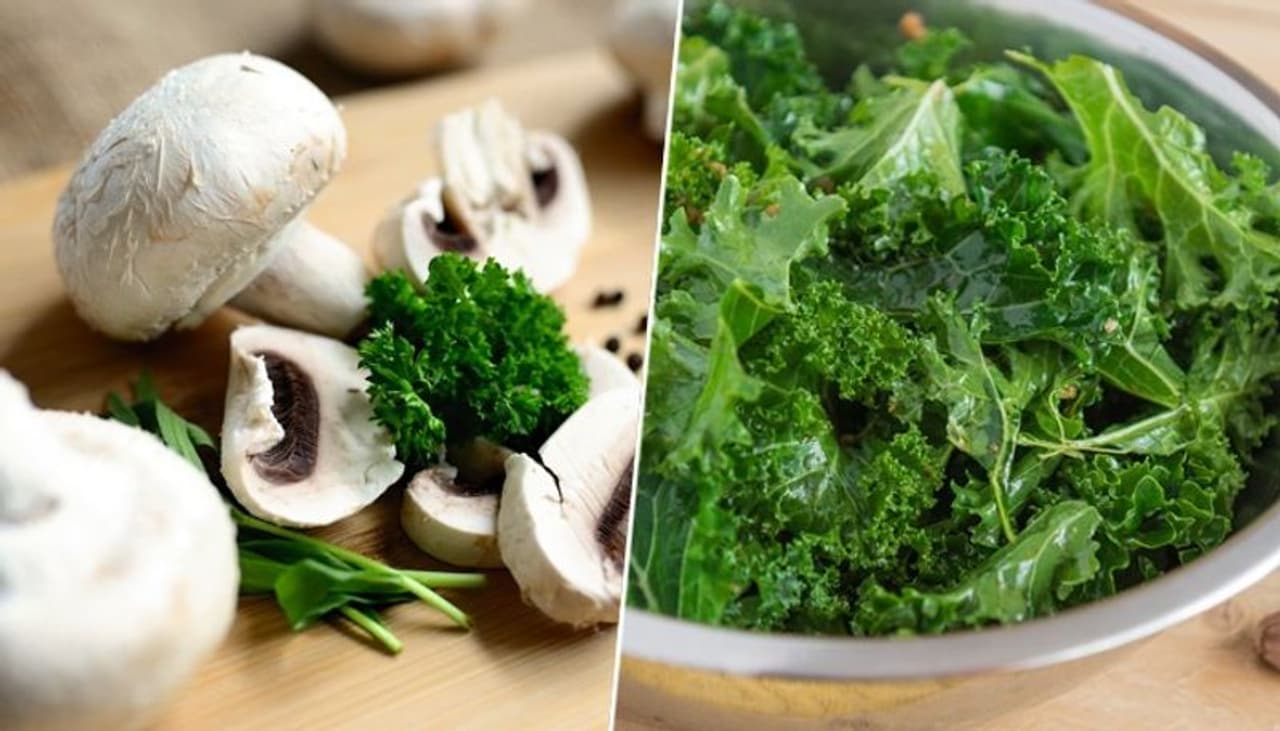Mushroom to Kale: 7 Zinc-packed vegetables for good health
Explore the zinc-rich world of vegetables, vital for immune support, wound healing, and DNA synthesis. From spinach to mushrooms, kale, Brussels sprouts, broccoli, asparagus, and peas, discover plant-based sources that contribute to overall well-being

Pixabay
Explore the zinc-rich world of vegetables, vital for immune support, wound healing, and DNA synthesis. From spinach to mushrooms, kale, Brussels sprouts, broccoli, asparagus, and peas, discover plant-based sources that contribute to overall well-being

Pixabay
Spinach: Spinach is a leafy green vegetable that contains a moderate amount of zinc. It is also rich in other nutrients such as iron and vitamin K
Pixabay
Mushrooms: Certain varieties of mushrooms, such as shiitake and white button mushrooms, contain zinc. They are a good option for those looking to increase zinc intake through plant-based sources
Pixabay
Brussels Sprouts: Brussels sprouts are cruciferous vegetables that contain a modest amount of zinc. They are also high in fiber, vitamins, and antioxidants
Pixabay
Broccoli: Broccoli is another cruciferous vegetable that contains zinc. It is known for its various health benefits and is a versatile ingredient in many recipes
Pixabay
Asparagus: Asparagus is a nutritious vegetable that contains some zinc. It is also a good source of folate, vitamin K, and fiber
Pixabay
Peas: Peas, whether fresh or frozen, are a good source of zinc. They are also rich in protein, fiber, and various vitamins
Pixabay
Kale: Kale is a nutrient-dense leafy green that provides not only zinc but also a host of other vitamins and minerals. It can be incorporated into salads, smoothies, or cooked dishes
Explore the latest Lifestyle News covering fashion, wellness, travel, Food and Recipes, and more. Stay updated with trending Health News, fitness tips, and expert insights to inspire your daily living. Discover personalized lifestyle trends that keep you stylish and informed. Download the Asianet News Official App from the Android Play Store and iPhone App Store for everything that adds value to your everyday life.